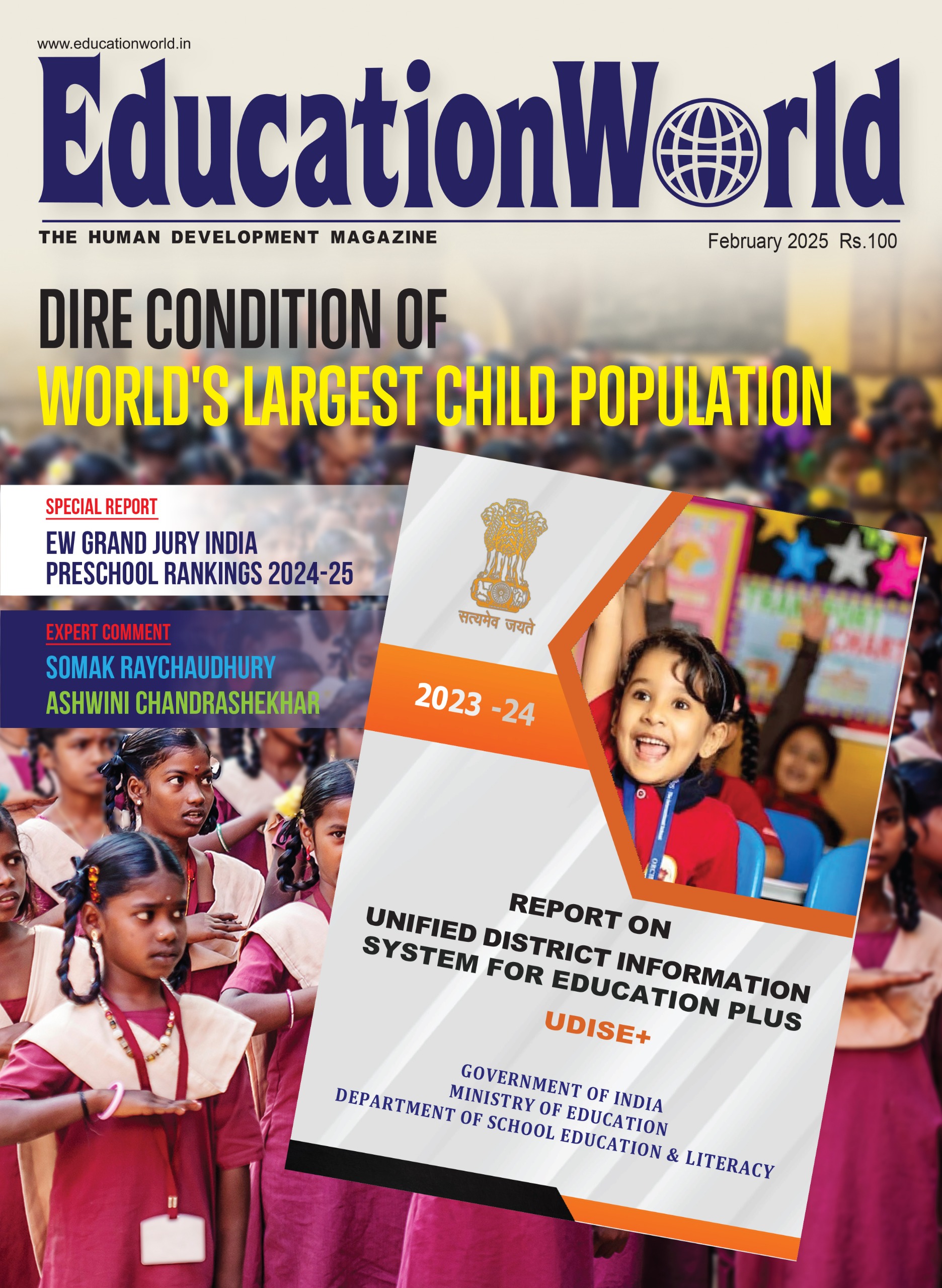The financial crisis that originated in the bursting of the sub-prime housing loan bubble in the US last year, has now blown into a worldwide phenomenon of epic proportions. With the economic slowdown having bruised and battered the banking and finance sector and IT companies previously regarded as rock solid, campus recruitments have slowed to a halt with key industry players opting out of on-the-spot hiring exercises.
Although the education sector seems to be recession-proof, students who would earlier have been considered a sure bet to land plush jobs and enjoy glittering futures are facing placement difficulties. While getting into an IIM or IIT used to be the biggest challenge confronting students, today finding challenging and lucrative jobs is the big challenge, with the global gradu-ate recruitment scene having changed beyond recognition.
However teachers and counselors should note that fresh graduates, who were hitherto in pursuit of that dream job with an investment bank or leading IT company, have another option. If they cant find the job they want, their best recourse would be to invest in further education, preferably a foreign degree programme. Not a few education experts and counselors believe that young graduates would benefit from waiting out the recession, while honing new skills with a graduate or professional degree programme.
Looking ahead, the economic outlook is still uncertain. If one month the number of unemployed in the bellwether US econ-omy has reduced, such good news is invariably contradicted by other news reports that the services of hundreds of employees in some of the worlds most prominent companies are being terminated. Yet while students cant control the financial markets, they certainly can control their own marketability. Given appropriate guidance and sage counsel, their future can be bright. Many school leavers and graduates in India have realised this already, as reflected by latest statistics indicating that Indian students are traveling in record numbers to study in the US.
Moreover Indian students in the US are helped along by the recent rise of the rupee against the dollar. According to the US-based Institute of International Education (IIE), India leads the world in terms of sheer numbers studying in the US. In 2008, enrolment of Indian students in American institutions of higher education rose by 13 percent to 94,563. The previous year the number of Indian students had increased by 10 percent. Against this backdrop, there is no reason to suspect that the number of Indian students registering with US universities will decline in 2009.
Therefore for most students — especially in India — its business as usual in the quest for education abroad. In fact, the number of students registering for the GRE (graduate record examination) from India is still the highest in the world. This clearly demonstrates that even in these uncertain financial times, Indian students have not been deterred from pursuing higher education abroad.
Teachers and counselors should also note the availability of self study and assessment tools (including the ETS® Personal Potential Index) is a new development that makes it easier for students to measure important personal skills such as teamwork, persistence and creativity. Many business schools are giving higher weightage to non-cognitive skills and abilities when making admission decisions. Such tools allow students to develop life skills to complement the traditionally high scores of Indian students in standardised tests like GRE. After all, only the few brightest and best are called for personal interview. Thats when they need to demonstrate that book knowledge aside, they also have the life skills to prove they merit that elusive place in the college of their choice.
Obviously, a shrinking job market means employers are filling fewer positions and becoming more selective about the people they hire. In this scenario a postgraduate qualification can give students a competitive edge and enable them to stand out in a crowd of job applicants, while equipping them with the certification and skill-sets they need to enter a new field.
Globally informed opinion is unanimous that education is an investment that pays dividends. In the circumstances, in the newly emerging global market, studying abroad is an experience that can add great value to a students curriculum vitae, while exposure to the wider world, broadens perspective and mindsets. Moreover a foreign degree and/or work experience abroad makes them more attractive to prospective employers. Therefore it makes sense for students who can afford it, to ride out the recession in academia.
There are no two opinions on this score: the best employers around the world are looking for well-rounded employees who understand the international workplace and diverse global cultures. Studying abroad therefore, is a life-changing experience and a direct investment in the future — an investment that will pay back many times over.
(Dr. David G. Payne is vice president and CEO of Educational Testing Service (ETS), USA)





















